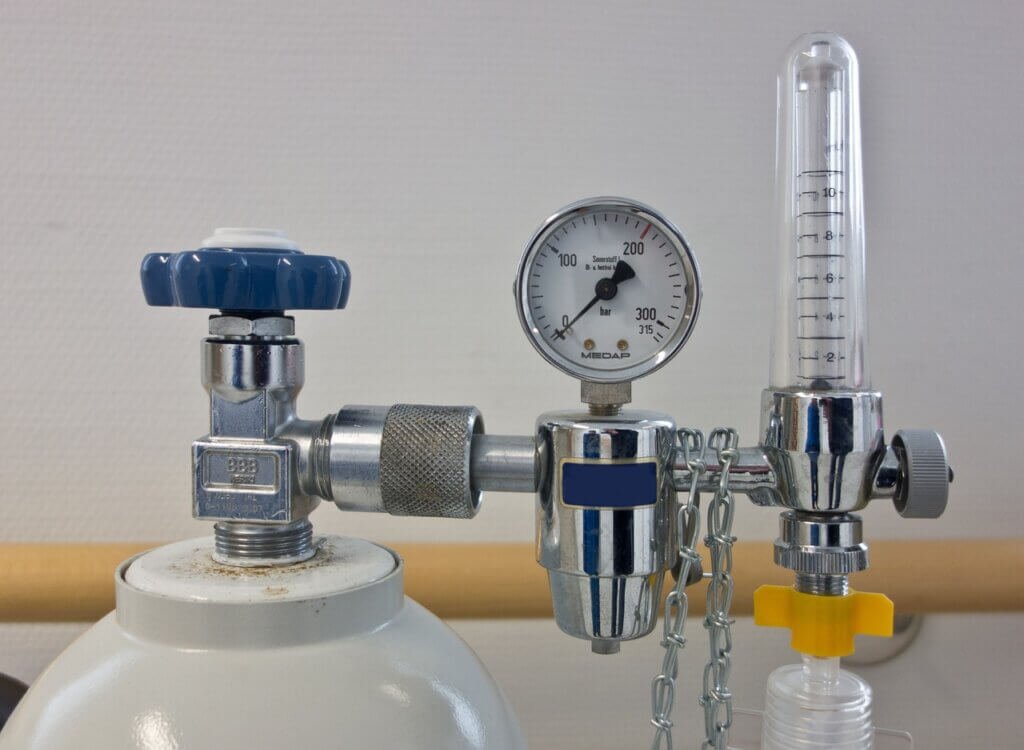When infertility is mentioned, Western medicine and traditional Chinese medicine are often the first two things that come to mind. Which treatment do you choose? The answer depends on what your end goals are and the type of treatment you feel most comfortable utilizing. This article will explore the differences between western medicine vs acupuncture and Chinese Medicine Infertility Treatment
What is Western Medicine & Traditional Chinese Medicine?

Western medicine (scientific) believes infertility is a medical issue, and that it can be treated like any other. Western doctors will do tests to determine if there are any physical problems or abnormalities in the body. They will also screen for potential environmental causes of infertility such as radiation or toxins. If after initial testing, western doctors cannot find anything wrong with either partner they may recommend assisted reproductive technologies such as IVF to help them conceive a child together.
This approach works well for those who both have a lot of extra cash to spend on IVF as well as those that have infertility caused by physical abnormalities and/or environmental factors. In situations where an emotional cause has been identified, they typically don’t have any answers or treatment options.
Traditional Chinese Medicine on the other hand may provide some answers when traditional western methods fail due to its more holistic perspective on disease treatment which involves the mind, body, and spirit. Traditional Chinese medicine can not only treat infertility for the physical conditions but also separates itself due to the fact that it can help with the emotional reasons by treating what is causing infertility first. It may also be able to help with infertility caused by physical abnormalities or environmental factors such as exposure to toxins, radiation, chemicals etc. This is because Traditional Chinese Medicine infertility treatment is based around acupuncture to help regulate hormones and increase blood flow into the uterus. The purpose of acupuncture for infertility is not to cure infertility but rather to improve fertility rates by stimulating egg production. Acupuncture has been shown in studies to improve infertility rates by up to 48%.
The Difference Between Western and Chinese Medicine Infertility Treatment

Although both treatment options can produce results, in some cases, there’s one option that is better for you personally than another. In the end, infertility treatment is just one personal choice in what can be a complicated life experience. As with all things health-related, it’s important to research and explore your options before making that final decision.
The biggest difference between the two is that one is all-natural and the other is not. As mentioned before, Traditional Chinese Medicine infertility treatment focuses on acupuncture to help regulate hormones and increase blood flow into the uterus which helps to hopefully heal the health issue rather than trying to work around it. Western medicine infertility treatment, on the other hand, focuses on unnatural remedies such as in vitro fertilization to help increase a couple’s chances of conceiving (or adopt if need be).
The second biggest difference is the cost of each of these treatments. Western doctors will often recommend IVF in cases where traditional western methods fail because they have a lot of extra cash on hand for this treatment option. The average cost of an IVF cycle in the U.S. is $12,400, according to the American Society of Reproductive Medicine. This price will vary depending on where you live, the number of medications you’re required to take, the number of IVF cycles you undergo, and the amount your insurance company will pay toward the procedure. No matter how you look at it, that is a large chunk of cash to have on hand. Many people will switch to Traditional Chinese Medicine infertility treatment because it’s more cost-effective (by at least $10,000). However, in some cases, you can even opt-in to do both treatments at the same time! If you have the money on hand and you’d like to solidify your chances, we’ve seen many patients who get IVF and TCM treatments working together to achieve conception.
Which Treatment Option Should You Choose

There are two different approaches to infertility that people can take, and it’s important for you to be aware of the pros and cons of each. One is all-natural and holistic while the other relies heavily upon technology. People will always disagree over which approach works better personally than another when it comes to fertility care. However, in the end, it really depends on your personal preference and what you think will work best for your body and budget.
We understand that you may be unsure about which approach to choose for your fertility care. If this is the case, we’re happy to offer a consultation so we can help guide you in making an informed decision! Contact us today and let one of our trained professionals walk through all of your options with you. In the meantime, keep reading articles like this one on natural versus technological approaches to infertility treatment as you decide what will work best for YOU.
If you’re looking to receive effective treatment for ANY health condition, we recommend you start looking for a TCM practitioner in your area. If you’re within the state of Utah, don’t hesitate to reach out to Lotus Spring Acupuncture & Wellness to receive the best holistic healthcare and acupuncture treatments.
Dan Clark has years of highly specialized training and experience in the field of acupuncture in Utah. With been in business for over 18+ years, we’re the ones who can give you personalized treatment to help you attain your personal health goals.

